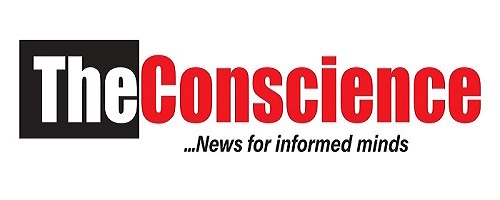
Nigerian Banks Reveal Customers Allegedly Involved In Forex Malpractices
Names of forex defaulters have recently been published by commercial banks in compliance of the Central Bank of Nigeria.
Central bank had directed banks to publish the names of individuals looking to trick the system to access foreign currencies and 1,226 names of defaulters have been revealed.

According to Tribune, UBA has the highest number of defaulters from the information made available on the websites of 10 commercial banks on Friday.
Zenith Bank on its website listed 990 foreign exchange (FX) offenders, while Polaris Bank and Sterling Bank listed 40 and 53 respectively.
Fidelity Bank reported 83, Access Bank on its website listed 29, First City Monument Bank had nine, Stanbic IBTC Bank reported 15, Standard Chartered Bank had four, United Bank for Africa had three, and Wema Bank has so far published one name.
Sterling Bank also revealed that its customers cancelled their trip but failed to return the Personal Travel Allowance (PTA) sold to them despite reaching out to them through phone calls and messages.
According to Polaris Bank, the 54 customers it listed cancelled their trips and failed to refund the PTA sold to them despite follow-ups with them.
The bank showed that six of its customers presented fake visas or documents to apply for PTA.
The Central Bank of Nigeria (CBN) in July instructed Deposit Money Banks (DMB) to publish names and Bank Verification Numbers (BVN) of customers who violated its Personal and Business Travel Allowance rules.
PTA/BTA is a foreign currency product that ensures customers who are travelling out of the country on personal or business trips have access to foreign currency at approved CBN rates.
The rates from the banks could be as low as N412/$ compared to N560/$ at the black market.
To stop Nigerians from cheating the system, CBN instructed that customers must return the purchased PTA/BTA within two weeks if travel plans were cancelled or risk getting their accounts blacklisted, and names published.
This is not the first time the CBN has used a name-and-shame tactic; loan defaulters’ names have also been released.

























